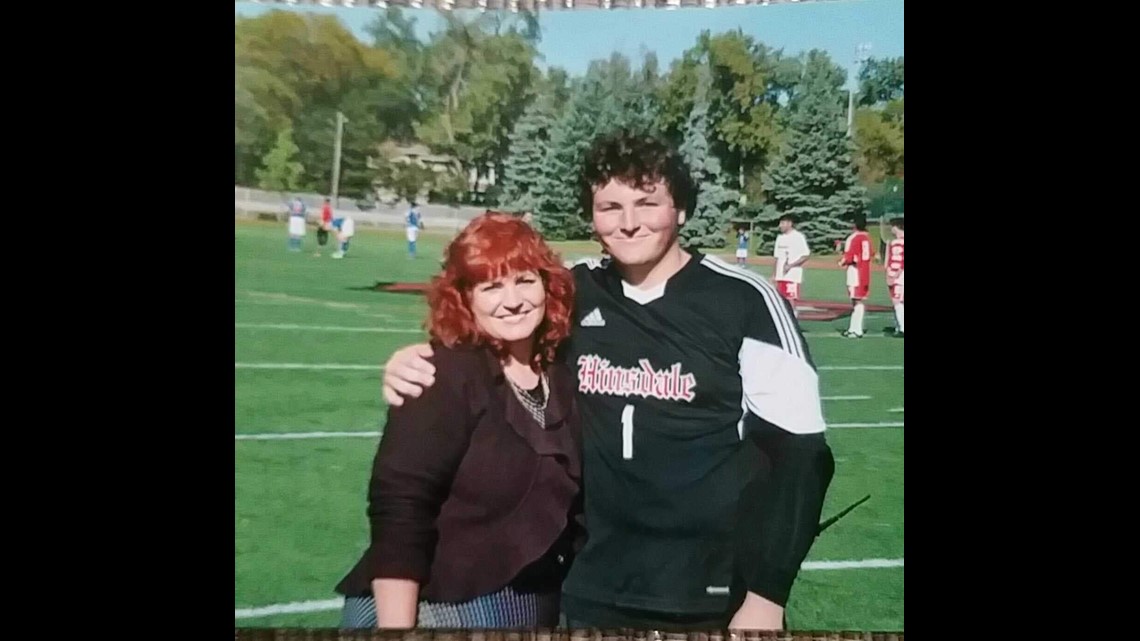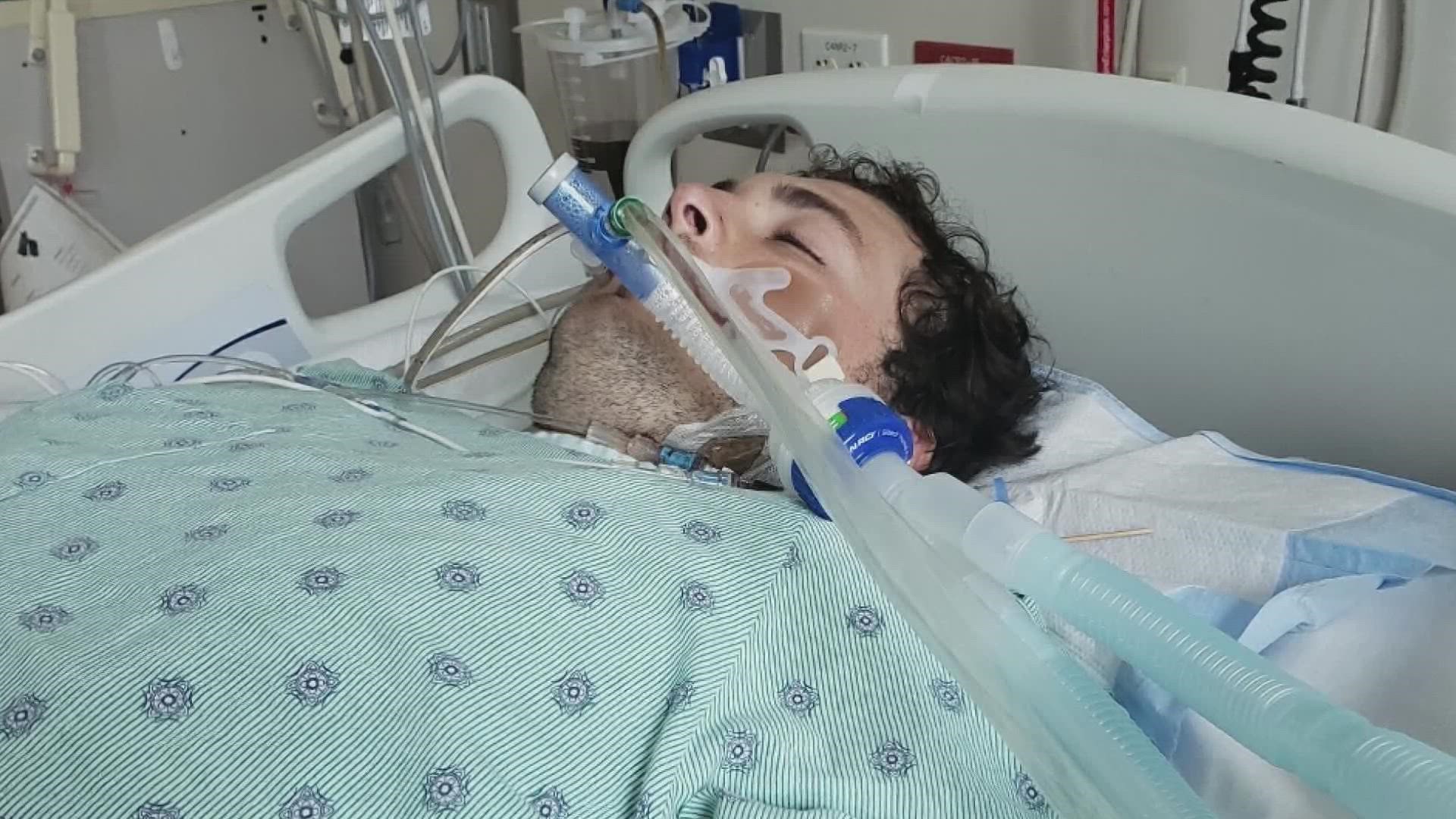NEW ORLEANS — The Office of Juvenile Justice says they are at capacity statewide, and cannot take any more kids into state custody. OJJ is now asking judges to release juveniles because they simply can't fit anymore in.
The Office of Juvenile Justice says both secure and non-secure beds are at capacity. OJJ is now asking Louisiana Juvenile Court Judge's permission to release youth on parole until they can increase the state’s bed space because they cannot safely accept more kids into state custody.
Elisabeth’s son Noah was robbed at gunpoint by two teenagers last August.
“He had been in his room studying and he decided it would be a good idea to go for a walk to clear his mind," she said. “A car pulled alongside of him and the passenger got out and demanded his wallet.”
“They shot him multiple times.”
The jail that housed one of the suspects in his case is at capacity. Chief Judge Ranord Darensburg warns the JJIC in New Orleans will soon exceed 56 youth inmates.
“What we're faced with is a situation where we're either going to have youth that have to be released into the community where we believe should be detained or we're going to have a situation where we'll have overcrowding in the Juvenile Justice Intervention Center," Judge Darensburg said.
Jefferson Parish Councilman Deano Bonano says the Bridge City Facility is facing capacity issues as well.
“Most juvenile detention centers are not designed to act like a regular prison they’re there to rehabilitate the child and give them education so they can come out one day and contribute to society,” he said.
“Judges must act swiftly in reducing the youth prison population by approving modifications and identifying the least restrictive options for all children as the law mandates,” Louisiana Center for Children's Rights said.
“It is way past time to stop the flow of Black and brown children into this dehumanizing and damaging system and to send kids home, the majority of whom are in prison for non-violent offenses,” Families and Friends of Louisiana's Incarcerated Children said.
Elisabeth disagrees.
“Releasing them back onto the streets once they have been convicted of a crime is not a good message,” she said.
As for Noah, the repercussions of what happened along that walk will stay with him forever. The 24-year-old is now paralyzed from the waist down.
“He was literally walking in a very nice neighborhood and was gunned down in somebody’s front lawn, so yes I am concerned we are not safe right now as things stand," his mother said.


Noah has a GoFund set up to help with his long recovery. The funds will help cover expenses and purchase the equipment he needs.

